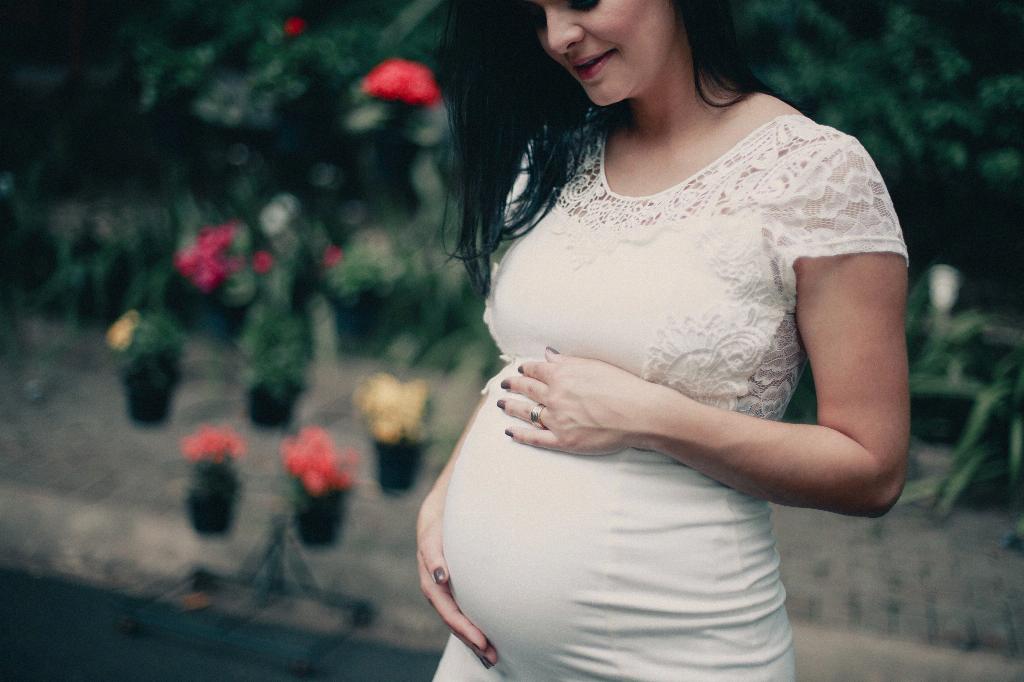When it comes to using Visine Eye Drops during pregnancy, it is essential to approach the decision with caution and consult your healthcare provider for guidance. The safety of using Visine Eye Drops while pregnant has not been extensively studied, so it is crucial to weigh the potential risks and benefits before deciding whether to use this medication.
During pregnancy, it is generally recommended to minimize the use of any medications unless deemed necessary by a healthcare professional. While Visine Eye Drops are typically used to relieve redness and minor eye irritations, it is important to understand the potential impact of the ingredients on the developing fetus.
If you are pregnant and considering using Visine Eye Drops, it is highly advisable to seek advice from your doctor before proceeding. Your healthcare provider can assess your individual situation, taking into account any pre-existing medical conditions and the specific trimester of your pregnancy to provide personalized recommendations.
While there is limited data on the safety of using Visine Eye Drops during pregnancy, some healthcare providers may advise against their use, especially during the first trimester when the baby’s organs are developing. It is essential to prioritize the well-being of both the mother and the baby during this critical time.
Discussing the potential risks and benefits of using Visine Eye Drops with your doctor can help you make an informed decision. Your healthcare provider may recommend alternative treatments or strategies to manage eye irritation during pregnancy that pose lower risks to the developing baby.
It is crucial to note that the effects of Visine Eye Drops on pregnancy outcomes may vary from person to person. Factors such as the dosage, frequency of use, and individual health considerations can all influence the safety profile of using this medication during pregnancy.
While Visine Eye Drops are generally considered safe for occasional use in the general population, pregnant individuals may have unique sensitivities and vulnerabilities that warrant a more cautious approach. Prioritizing caution and consulting with a healthcare provider can help mitigate potential risks.
Before using any over-the-counter medications, including Visine Eye Drops, during pregnancy, it is important to inform your healthcare provider of your pregnancy status. Transparency about your healthcare needs and concerns can help ensure that you receive appropriate guidance and recommendations tailored to your specific circumstances.
Opting for non-pharmacological approaches to manage eye discomfort during pregnancy, such as using artificial tears or applying a warm compress, can be a safer alternative to using Visine Eye Drops. These gentle remedies can help alleviate symptoms without exposing the fetus to potentially harmful ingredients.
If you have a history of allergies or sensitivities to certain medications, including eye drops, it is especially important to exercise caution when considering the use of Visine Eye Drops during pregnancy. Your healthcare provider can help you navigate the potential risks and benefits in light of your medical history.
In conclusion, while the safety of using Visine Eye Drops during pregnancy is not definitively established, it is advisable to proceed with caution and prioritize open communication with your healthcare provider. By discussing your concerns and exploring alternative treatment options, you can make informed choices that promote both your well-being and the health of your baby.

